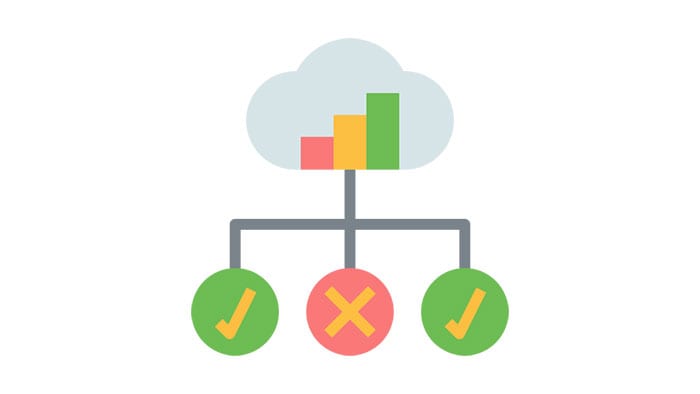At a glance
- A strength of Youth Advisory Councils (YACs) is that youth can draw on their own experiences to offer background and bring unique, personal perspectives to their work.
- By sharing experiences, youth help frame key challenges, so others can understand and explore solutions that best support young people.

Overview
As Youth Advisory Council (YAC) members, youth bring useful experiences to the work of the council.
Keep in mind
It is important to note that:
- One member's experiences could be different from that of other members.
- YACs should respect the different experiences, thoughts, worldviews, and backgrounds that each member brings to the table.
- Each member's views are unique and do not represent the experiences of all youth.
Considerations
It is important to consider diverse perspectives.
- Consider the experiences of all affected by the issue—including those whose experiences differ.
- This will help to build the YAC's identity and reputation and better support all students in the school or district.
Data-driven decision-making
Personal experience is just one piece of the puzzle. YAC members should balance real-world experiences with data and information on the issues that affect the larger community. This approach helps focus not only on members' concerns, but also the challenges that others face.
To improve chances for success, YACs should use facts, data, and other information, along with experiences. This is the optimal way to guide decisions that align with their goals, objectives, and programs.
